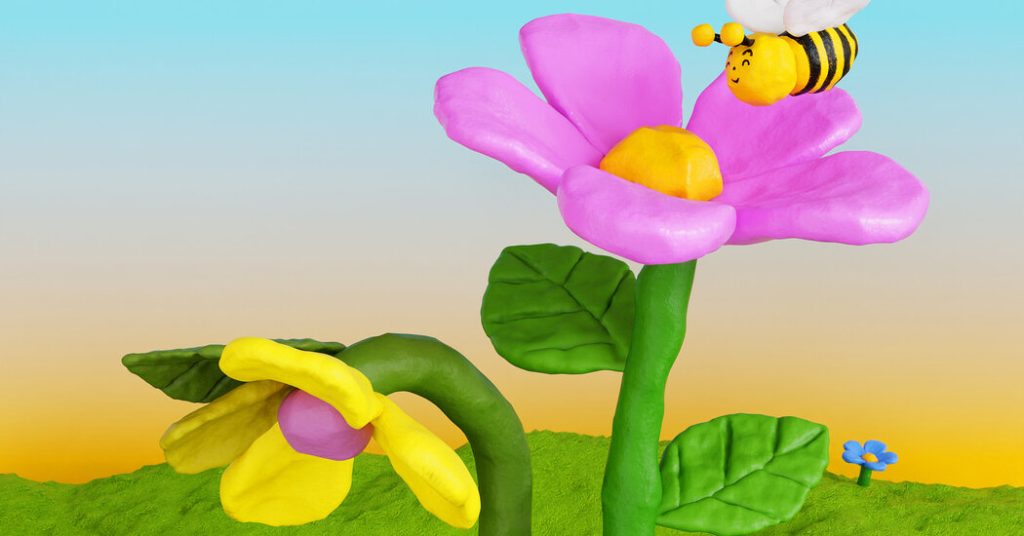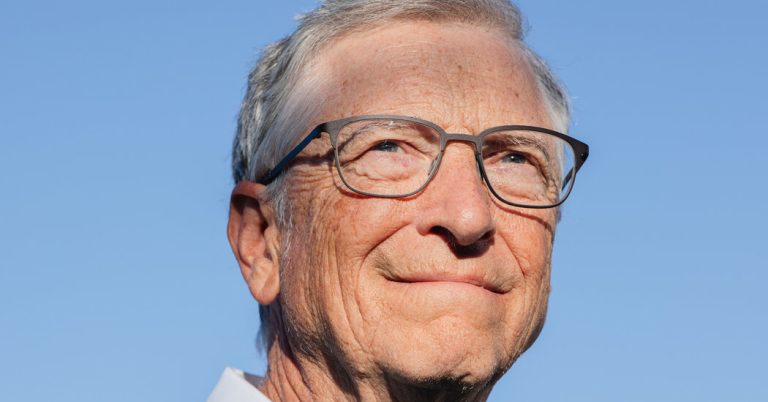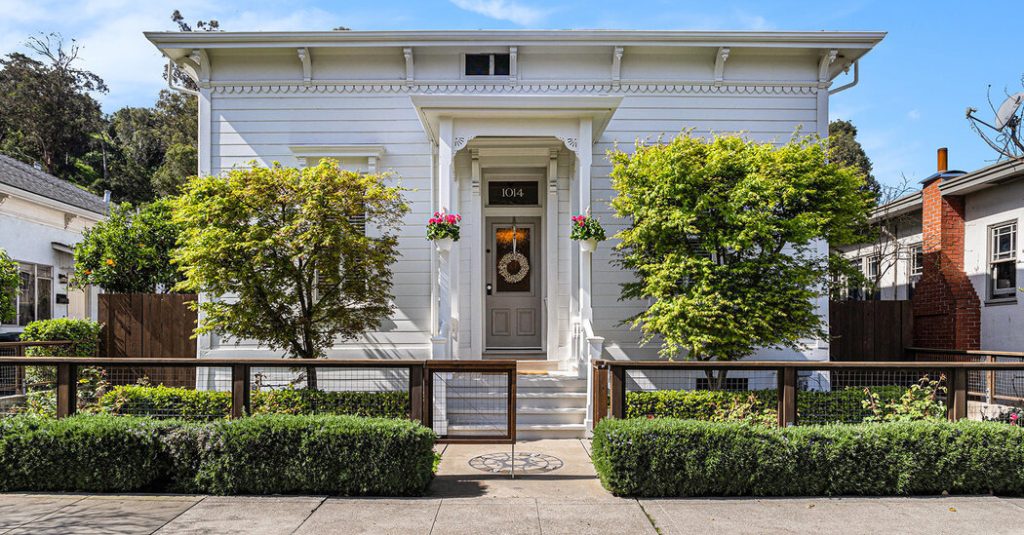According to the 2025 World Happiness Report, which was released last month, the happiest country in the world is Finland, trailed closely by Denmark, Iceland and Sweden.
This news came as no surprise. The report, released annually since 2012 by a consortium of groups including Gallup, often features these four Nordic nations — all of them stable democracies with prosperous and healthy citizens — at or near the top of its list. At the bottom (out of 147 countries assessed) was Afghanistan, then Sierra Leone, Lebanon and Malawi.
These rankings reinforce a key supposition of our globalized political and economic order: Poor countries are unhappy because they are poor, and wealth is a critical precondition for individual and societal flourishing. The International Monetary Fund encourages trade and economic growth on the theory that happiness increases with material prosperity. Political thinkers such as Francis Fukuyama and Steven Pinker talk about wanting to help poor and turbulent nations “get to Denmark.”
But there are reasons for suspecting that the World Happiness Report rankings — and the model of international development which they are often taken to justify — do not capture the fullness of well-being. Respondents are asked a single question: to imagine an 11-rung ladder whose top and bottom are the best and worst possible lives, and to place their life on one of the rungs. This metric, known as life evaluation, can be a useful piece of information, but happiness is almost certainly a more complex phenomenon. You might be sick but still have a strong sense that life is meaningful, or be financially insecure but still have close relationships with family members and friends.
There is also evidence that when people offer their life evaluation score, the framing of the question can prompt them to fixate on wealth and status over other aspects of well-being. That risks stacking the deck: If life evaluation is, in effect, another way of measuring economic prosperity, it is neither surprising nor illuminating that the rankings of the World Happiness Report loosely correlate with gross domestic product.
The three of us conceive of happiness — or flourishing — more broadly: as a state of affairs in which all aspects of your life are relatively good, including the social environments in which you live. If we were to examine not just life evaluation but also relationships with family members and friends, community and political participation, health, prevailing emotions, a sense of life’s purpose, feelings of financial security and so on, we could better understand what it means to live a good life and how governments and international institutions can help make people happier.










